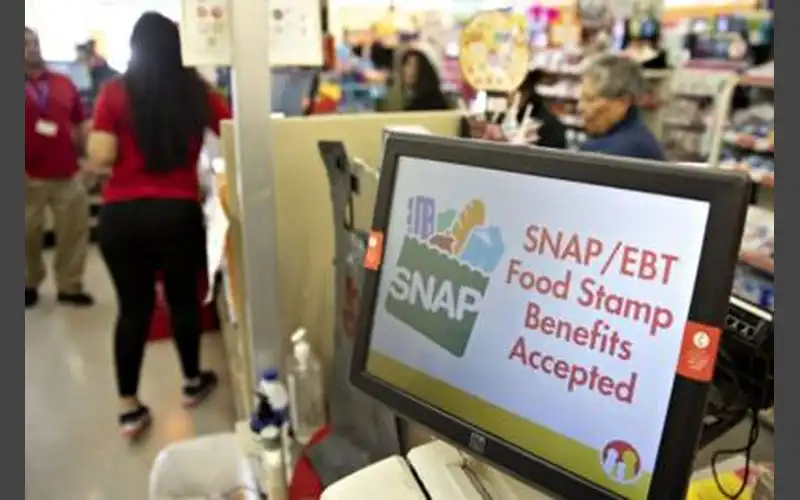Tulsa, Okla. — A federal proposal to alter funding for food stamps could cost the state and Oklahoma taxpayers nearly 500 million dollars.
“Our senators and our House members are much more influential than the size of our state would imply, particularly with this administration. And it doesn’t take that many calls to an office for them to start considering a shift in position or to start telling their colleagues that they have concerns,” said Chris Bernard, the President and CEO of Hunger Free Oklahoma, urging people to reach out to Oklahoma U.S. senators about voting against a federal proposal that he says would place more responsibility on the state to pay for SNAP benefits and its administrative costs.
KTUL reached out to the Oklahoma Department of Human Services to learn more about the impact this proposal would have on the state and they sent us back a statement saying, “Oklahoma Human Services is working with our federal partners to learn more about any potential effects on our programs. We will communicate with partners and clients as we learn more.”
“It shifts costs onto the states in two different ways in SNAP. One in the administrative cost of the program, so that’s traditionally a 50-50 split between the state and the feds. And they want to up that to 75% to the state, 25% to the federal government,” said Bernard. “But in addition to that, they want to introduce a new proposal that’s never been done before, where the states have to cover part of the SNAP benefits. Now, SNAP in total to our state last year was close to $1.7 billion, and they want between 5% and 25% cost match by the state in those benefits.”
Bernard says these changes could have a 500 million dollar impact on the state’s budget and begs the question of how the state would come up with that money or what will they cut to find that money.
“When more people are struggling, more people need SNAP. When economic downturns happen, that’s when state revenue drops. And so the real question is, how would states cover that cost? And if they can’t, what happens? And the answer is it would shrink, right? The benefits pool would shrink,” said Bernard.
Carrie Vesely Henderson with Iron Gate a local soup kitchen and food pantry says a SNAP reduction would cause more people to turn to food pantries.
“Whenever there’s any kind of change in the payment to the SNAP system, it definitely affects food pantries. We see an increase in usage. We see new people that we’ve never seen before. So it just changes the balance of how things happen. So we know the demand will increase,” said Carrie.
Bernard says this proposal is part of the “One Big, Beautiful Bill,” a budget reconciliation bill proposed by President Trump and the House Republican leadership.
He says the senate has set a goal of voting on this proposal before July 4th.



















